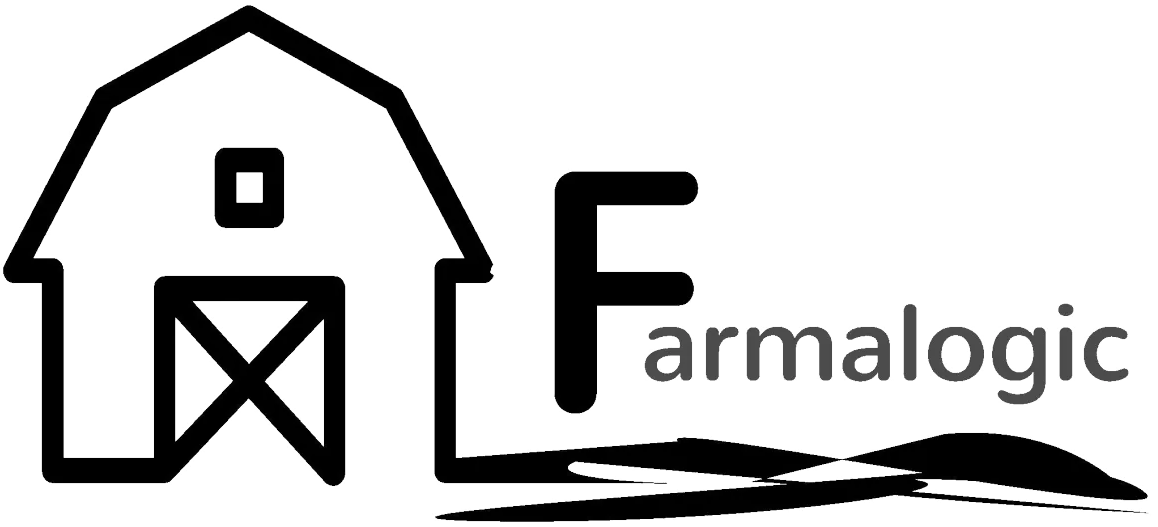- Horses need roughage – lots of it. Unless they’re overweight, they should never run out of grass or hay.
- Roughage can also provide all of the calories a horse or pony needs.
- Larger horses, horses in hard work and growing horses may need more calories than unlimited, quality roughage gives them so they need a hard feed of grains or super-fibres to supplement the roughage to maintain weight.
- Roughage usually provides all the protein a mature horse needs.
- The protein and calorie level of pasture declines as the plants mature – young leafy shoots are highest in energy and in protein.
- If your horse loses weight when the grass is sparse or dry, add more roughage as unlimited hay before deciding to increase the hard feed.
- Grass and hay do not provide all the minerals a horse needs to give correct mineral balance across the whole diet. Copper, zinc, selenium, and iodine are often deficient in grass-only diets.
- Horses need salt added to their diet. This should be added to a feed or provided as loose salt rather than a hard lick which will not give them their daily requirement of 7 to 12 g per 100 kg of body weight.
- When horses are reliant on hay rather than fresh grass for roughage they often need supplementary vitamin A and E and some B group vitamins as well as an omega-3 rich source to balance fatty acid ratios.
- Horses in harder work often need vitamin supplementation to meet higher requirements and compensate for the compromised hindgut microbial populations often associated with their lifestyles.
Top 10 Essential Feeding Tips Every Horse Owner Needs To Know

06
May


